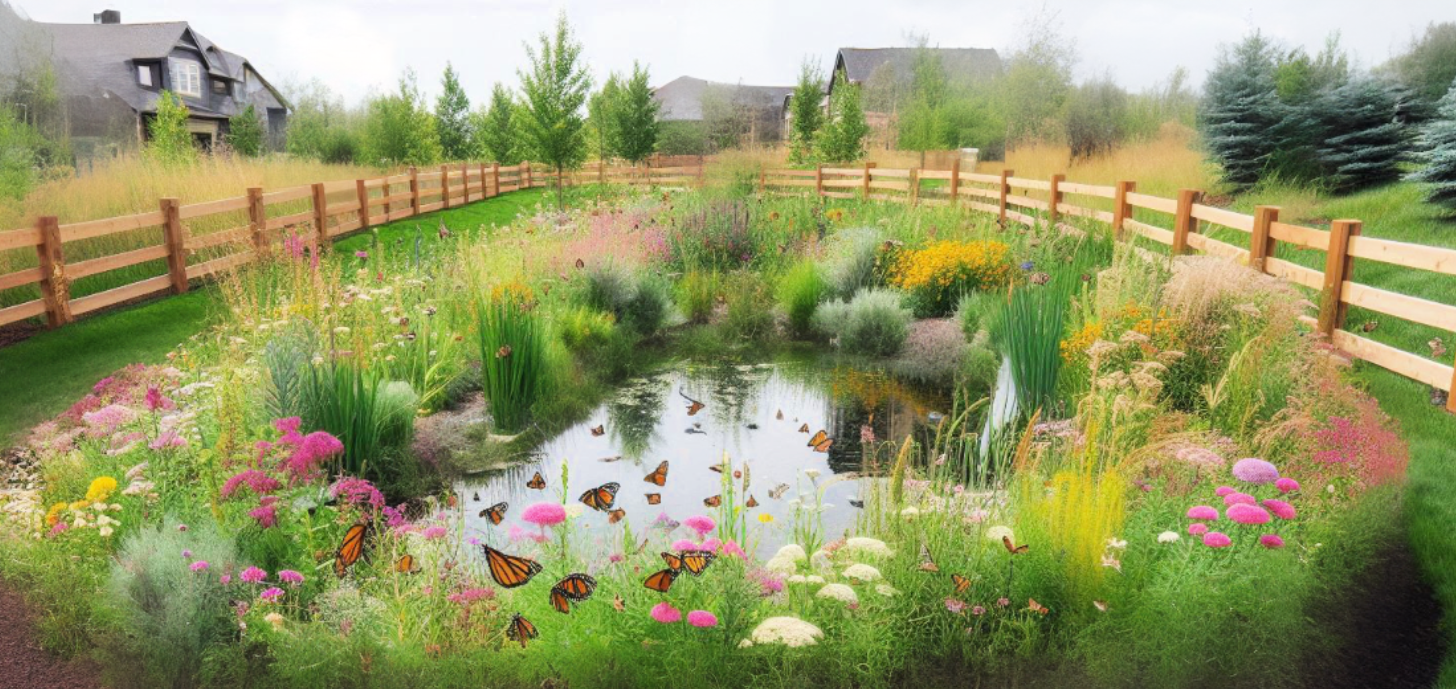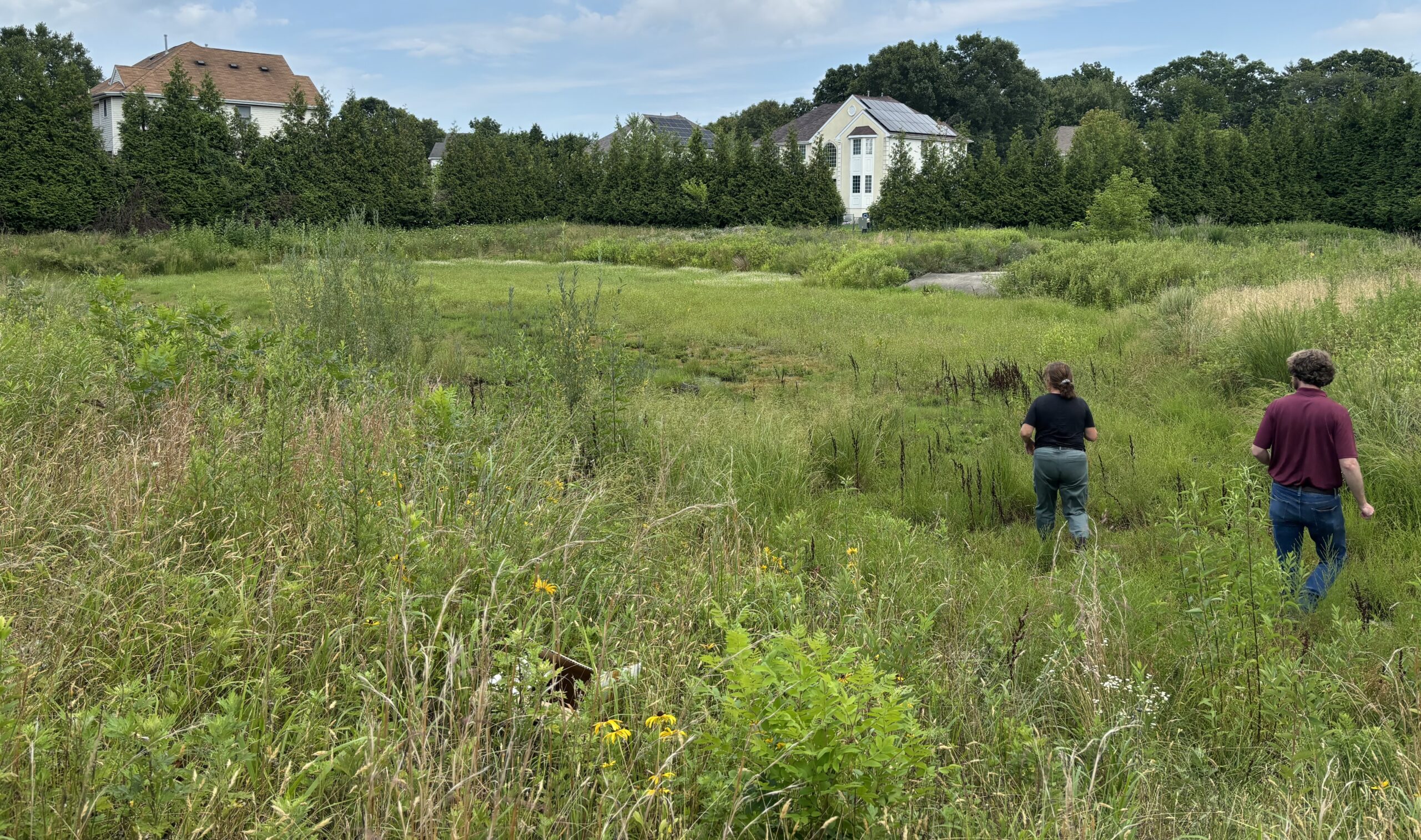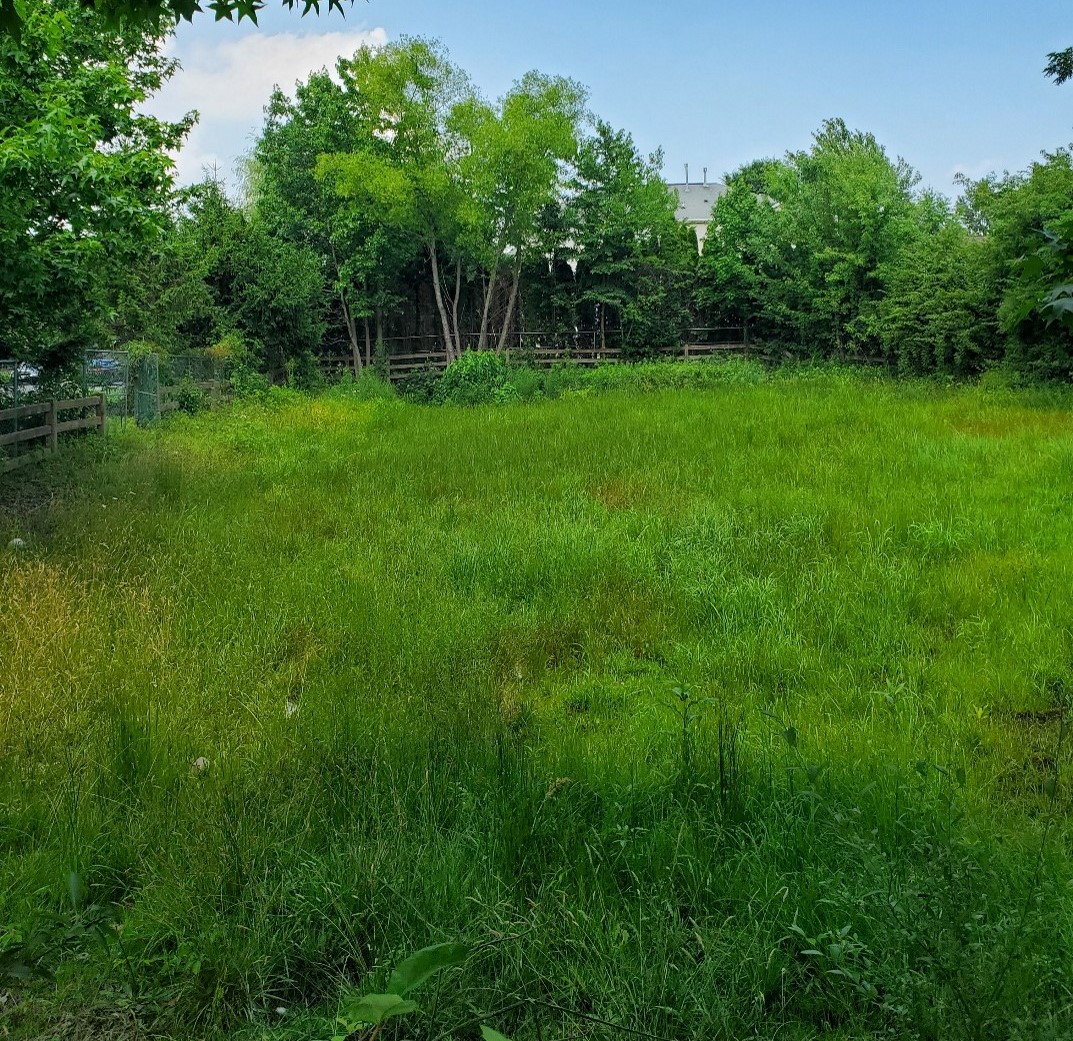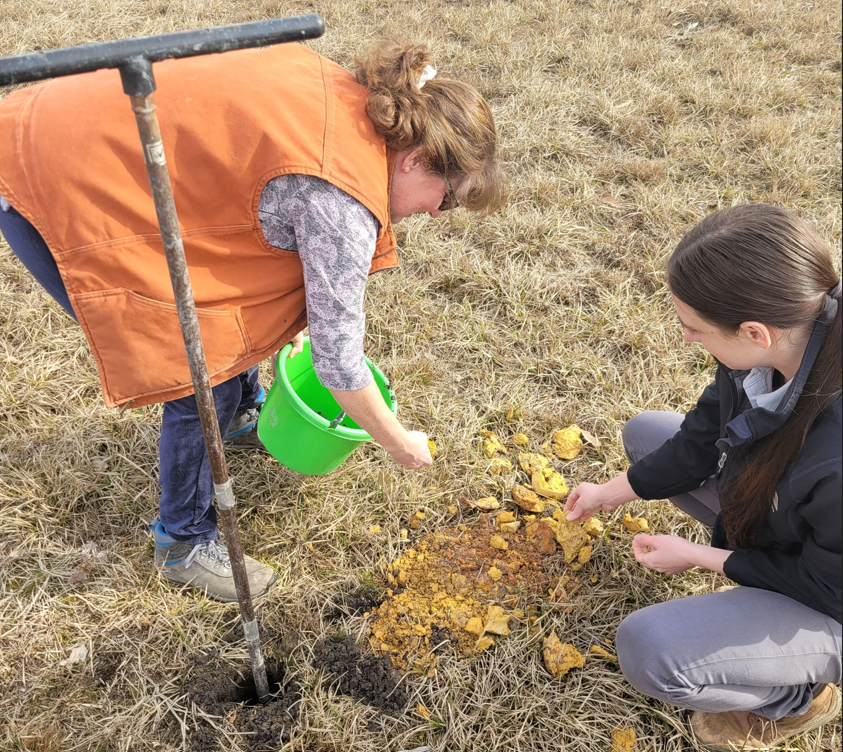South Jersey Resource Conservation and Development Council (SJRC&D), in partnership with the Ocean County Soil Conservation District, Camden County Soil Conservation District, and Lakewood Township Department of Public Works, was awarded a grant to support the Lakewood Township Stormwater Basin Retrofit Project. The grant is funded by a Federal 319(h) Water Quality Restoration grant awarded by the NJ Department of Environmental Protection to the SJRC&D.
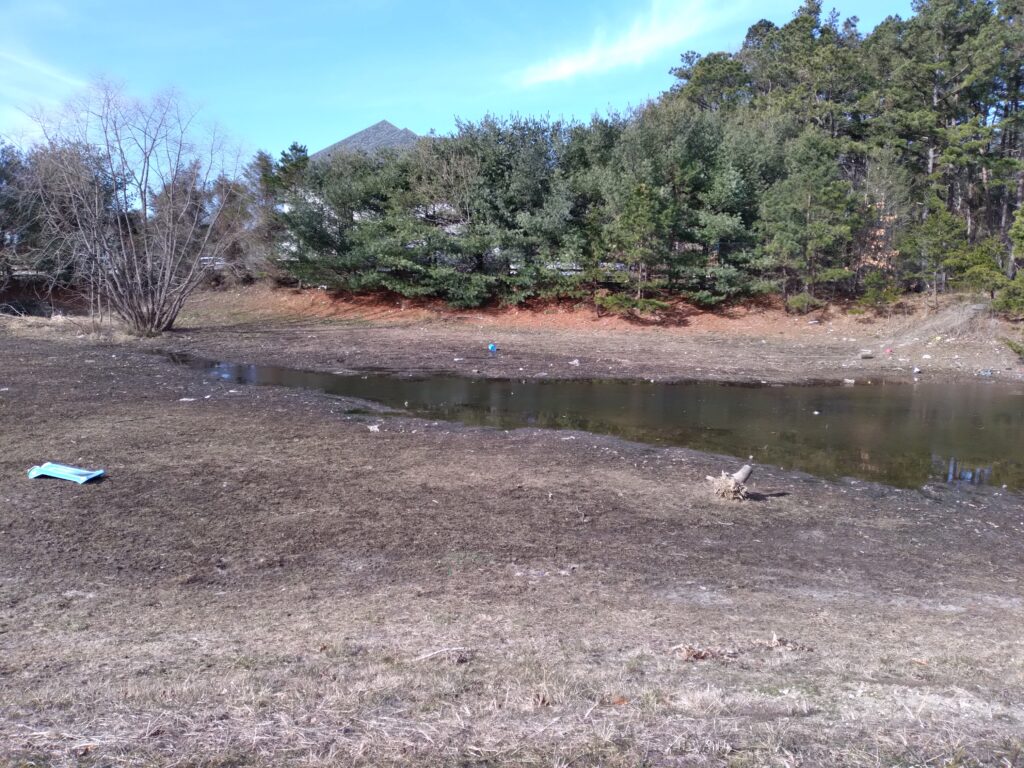
The Lakewood Township Stormwater Basin Retrofit Project is aimed at improving stormwater management, water quality, and ecological health within the Metedeconk River watershed.
The primary goals of the project are to reduce non-point source pollution, enhance water quality, and create wildlife habitat by retrofitting up to 12 stormwater basins in Lakewood Township. These basins are located within the North and South Branch of the Metedeconk River watershed, which serves as a critical water source for over 100,000 residents. By improving the basins’ ability to filter pollutants, recharge groundwater, and manage stormwater runoff, the project will play a vital role in preserving the health of the Metedeconk River and the larger surrounding Barnegat Bay watershed.
Evaluating and Prioritizing Stormwater Basins
The first phase of the project involved assessing and ranking Lakewood Township’s 181 stormwater basins to determine best candidates. The selection process prioritized basins located near sensitive ecosystems, such as wetlands and water bodies. In early 2021, project partners conducted field inspections to assess retrofit potential based on soil conditions, construction feasibility, proximity to water bodies, and public acceptance. This careful evaluation ensured that the most impactful basins were selected for retrofitting. Basins at the following locations in Lakewood Township were selected for retrofitting: America Ave, Arosa Hill, Bnos Oberlin Chaim, Carol Street, FirstEnergy Park North, FirstEnergy Park South, Rachel Court, Shemen Court, Sunset Road, Tuscany Terrace, Waldorf.
In 2021, the project saw its first seeding operation of a stormwater basin at FirstEnergy Park, home to the Lakewood Blue Claws. Native grasses such as Big Bluestem, Switchgrass, Seaside Goldenrod and Swamp Milkweed were planted using the Kasco Versa-Drill, a no-till seeder that protects soil while ensuring proper seed germination. These plants were selected for their deep root systems, which help stabilize soil, improve water infiltration, and provide important habitat for pollinators like monarch butterflies and songbirds.
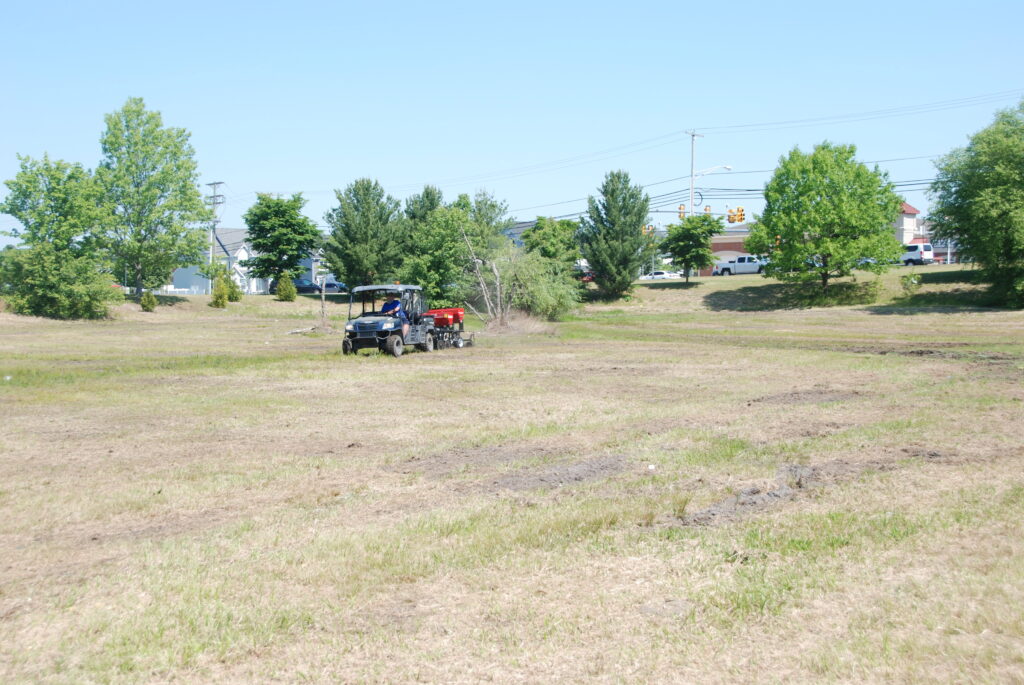
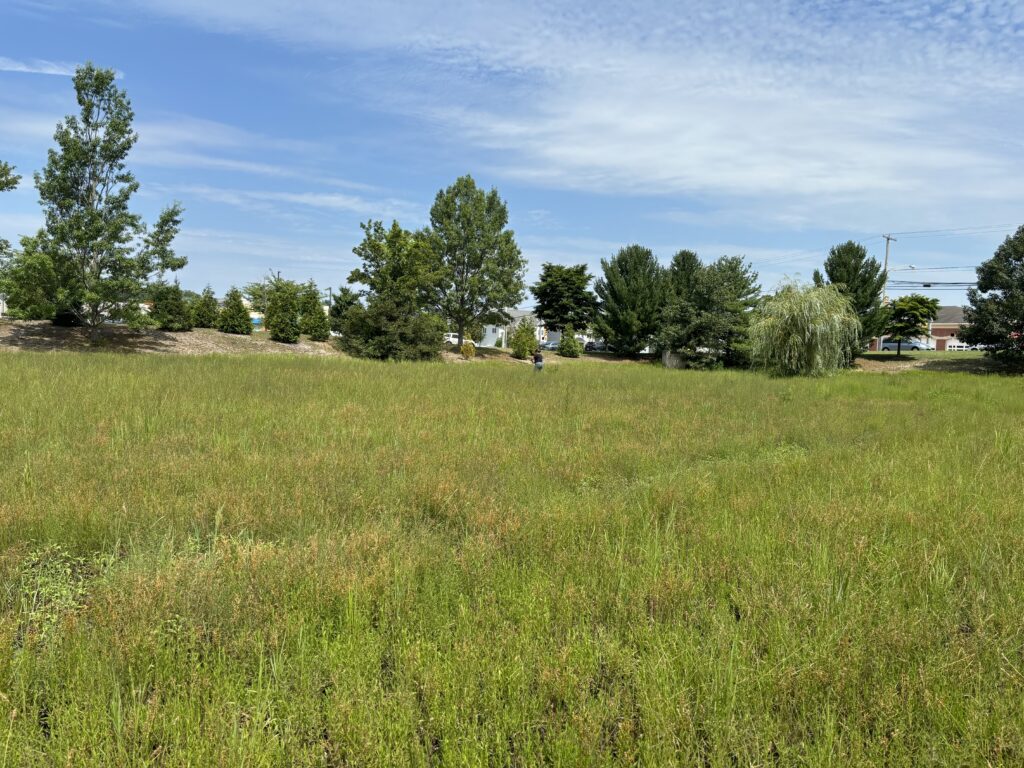
Focus on Soil Health and Ecological Restoration
By spring 2022, the project expanded to retrofit additional basins, including one at Shemen Street. Here, 1,200 native landscape plugs were planted to replace monoculture turfgrass. Species such as Swamp Milkweed, Blue Flag Iris, and Cutleaf Coneflower were chosen for their ability to filter stormwater, reduce erosion, and support local wildlife. These deep-rooted native plants are more resilient to drought and stress, enhancing the ecological value of the basin while reducing the need for maintenance.
A key aspect of the project is the improvement of soil health in retrofitted basins. By replacing compacted turfgrass with native plants, the project helps restore the soil’s structure, preventing compaction and increasing its ability to absorb and filter water. Deep-rooted plants create an underground ecosystem that stabilizes the soil and promotes healthy plant growth. In 2023, soil samples from retrofitted basins confirmed that native vegetation significantly enhances soil health and the hydrological function of the basins.
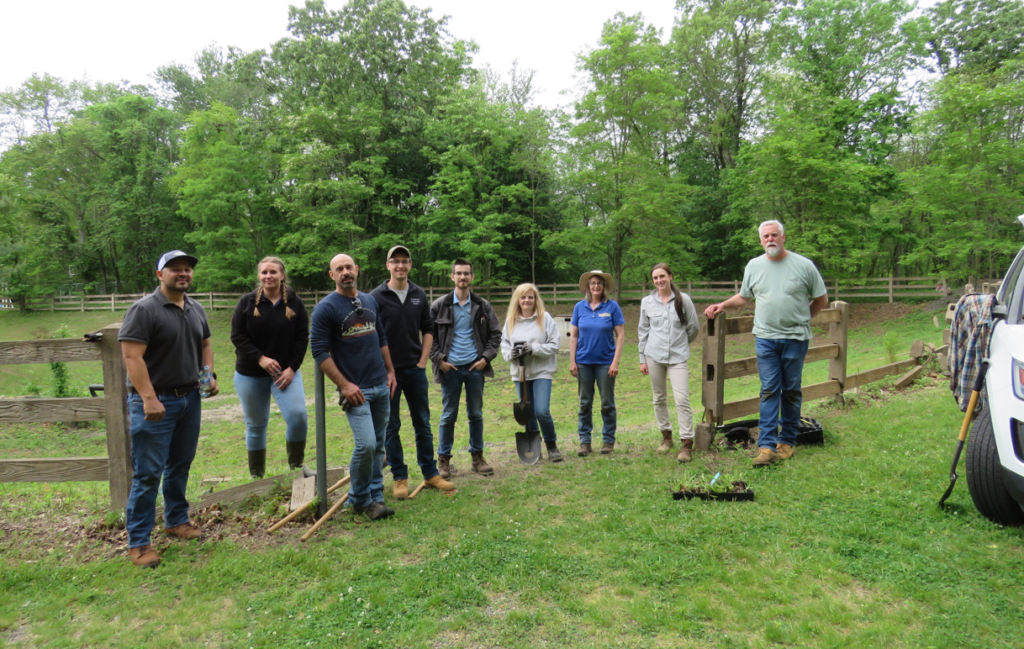
Ongoing Progress and 2023 Expansions
The project continued its progress into 2023, with five more stormwater basins retrofitted across Lakewood Township. Sites included Bnos Orchos Chaim school, America Ave basin near the Lakewood Township Department of Public Works facility, and several residential areas. More than three acres were seeded with native grasses and wildflowers, improving stormwater infiltration, reducing pollutant loads, and creating new habitats for pollinators. These retrofits help transform the basins into highly effective, low-maintenance systems that enhance the local environment.
Surveying Summer Growth
This summer, 2024, the project team conducted field visits to assess plant growth and conditions at various retrofitted stormwater basins. These basins included sites like American Avenue and Rachel Court, among others. The team evaluated the success of previously planted seed mixes that were specifically selected to match each basin’s wet or dry conditions, aiming to improve the basins’ ability to manage runoff while fostering native plant growth. Overall, the basins showed prodigious growth of planted species, along with volunteer species, likely brought in by birds, wind and water.
The assessment highlighted the importance of healthy vegetation, which enhances soil quality by stabilizing it with deep root systems, reducing erosion, and improving the soil’s ability to absorb and filter stormwater. Healthy plants also support biodiversity by creating habitats for wildlife, such as pollinators, birds, and amphibians. The thriving native species observed contribute to ecosystem resilience and help the basins better manage stormwater, reducing flooding risks and improving water quality. The team will continue monitoring the basins to ensure ongoing success in stormwater management and environmental health in Lakewood Township.
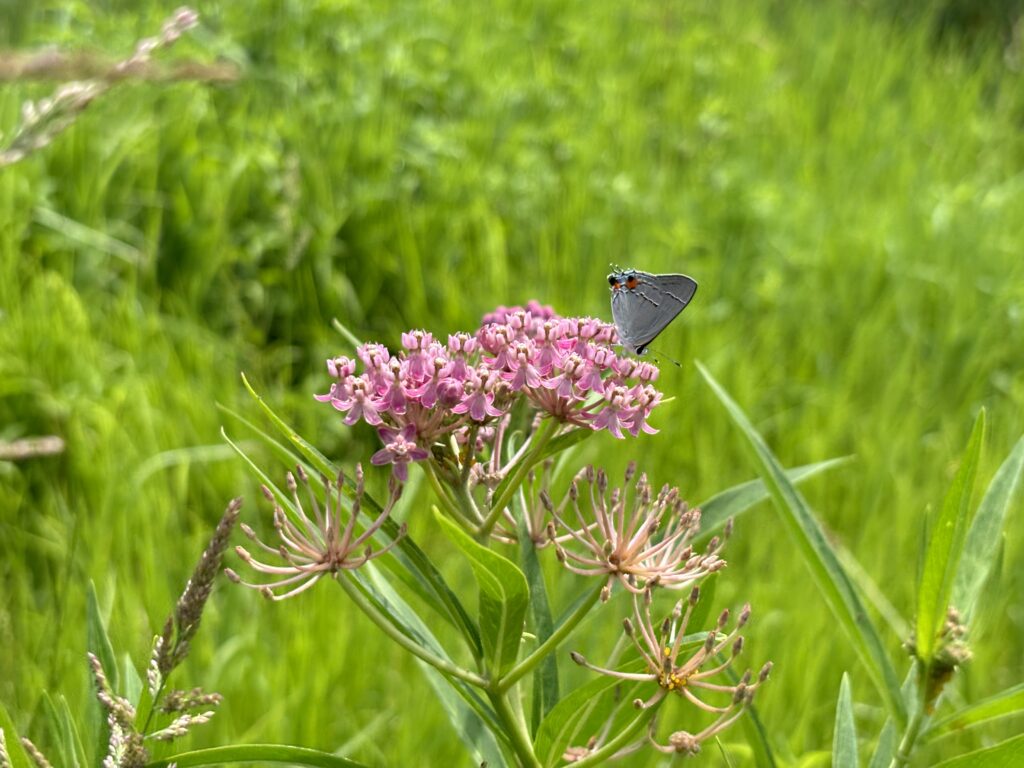
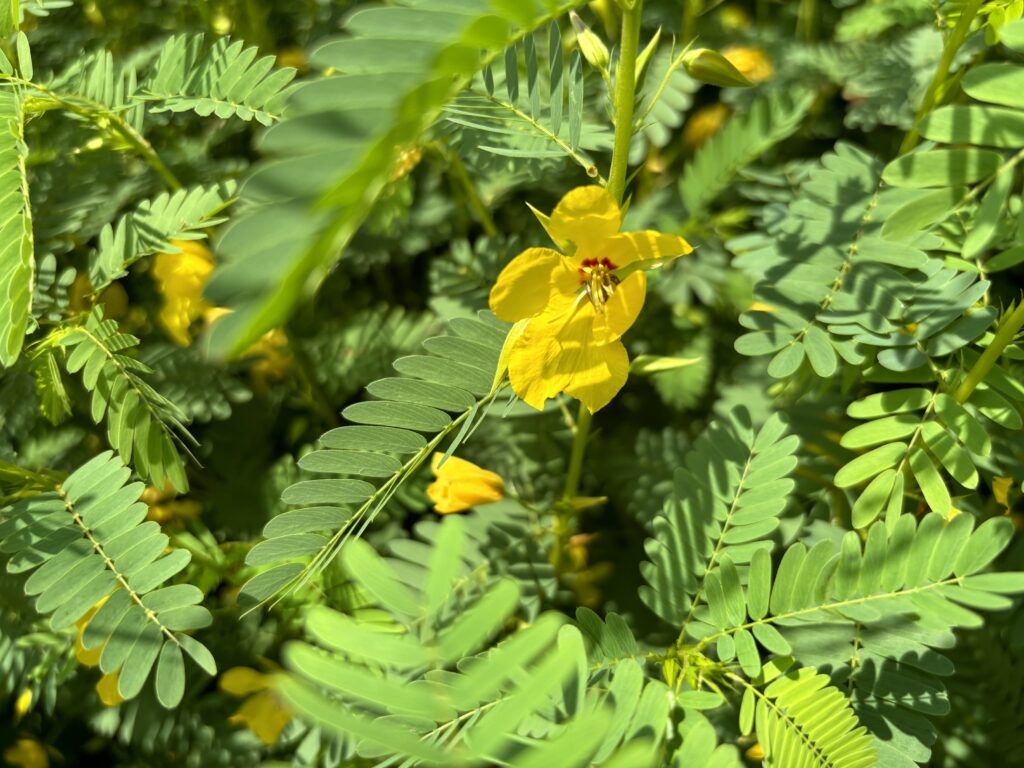
Swamp Milkweed (Asclepius incarnata) is a wildlife-friendly perennial. Clusters of fragrant, pink flowers bloom at the top of stems, July-August. The flowers are followed by elongated seed pods. The flower nectar is an important food source for bees, butterflies, and hummingbirds. Swamp Milkweed is a host plant for butterfly and moth larvae (caterpillars), including Monarch Butterfly (Danaus plexippus) and Queen (Danaus gilippus). Stems and leaves have a milky sap, which contains cardiac glycosides. When ingested by Monarch butterfly larvae feeding on the leaves, the cardiac glycosides make them (and the adult butterflies) toxic to birds and other predators. As its name suggests, Swamp Milkweed prefers wet soils, but it will tolerate well-drained soils in cultivation. Its deep tap root stabilizes the soil and controls erosion.
Partridge Pea (Chamaecrista fasciculata) is easily recognized by its clusters of bright yellow flowers that bloom amidst intricately cut leaves, from June through September. Butterflies, beneficial wasps and native bees nectar on the flowers. Fertilized flowers produce flattened seed pods, containing 2-4 seeds, prized by birds. Partridge Pea is a host plant for various species of Sulfur butterfly larvae (caterpillars). A member of the legume family, the roots of Partridge Pea form important relationships with fungi in the soil, and fix nitrogen. Partridge Pea is highly adaptable to various soil conditions, including dry sand, clay and loam. A prolific self-seeder, this annual plant will germinate each season in growing numbers.
Sustainable Water Management and Community Benefits
The Lakewood Township Stormwater Basin Retrofit Project not only improves water quality and stormwater management but also restores local ecosystems and enhances community awareness of sustainable water practices. By retrofitting stormwater basins with native vegetation and improving soil health, the project serves as a model for future efforts to address non-point source pollution and promote ecological restoration in developed areas.
New Jersey Stormwater Basin Toolkit
Check out our latest tool to help maintain and improve the performance of stormwater basins – our New Jersey Stormwater Basin Toolkit. The Toolkit provides resources including New Jersey’s stormwater regulations, fertilizer use laws, basin maintenance best practices, links to training programs, and information on regulatory compliance.

Lakewood Township Stormwater Basins Self-Guided Tour
Explore Lakewood Township’s retrofitted stormwater basins on a self-guided tour. Visit three key stormwater basins plus one amazing pollinator garden, and see the important role stormwater basins play in stormwater management, soil and water quality, and ecological support to local wildlife. Click for more information.
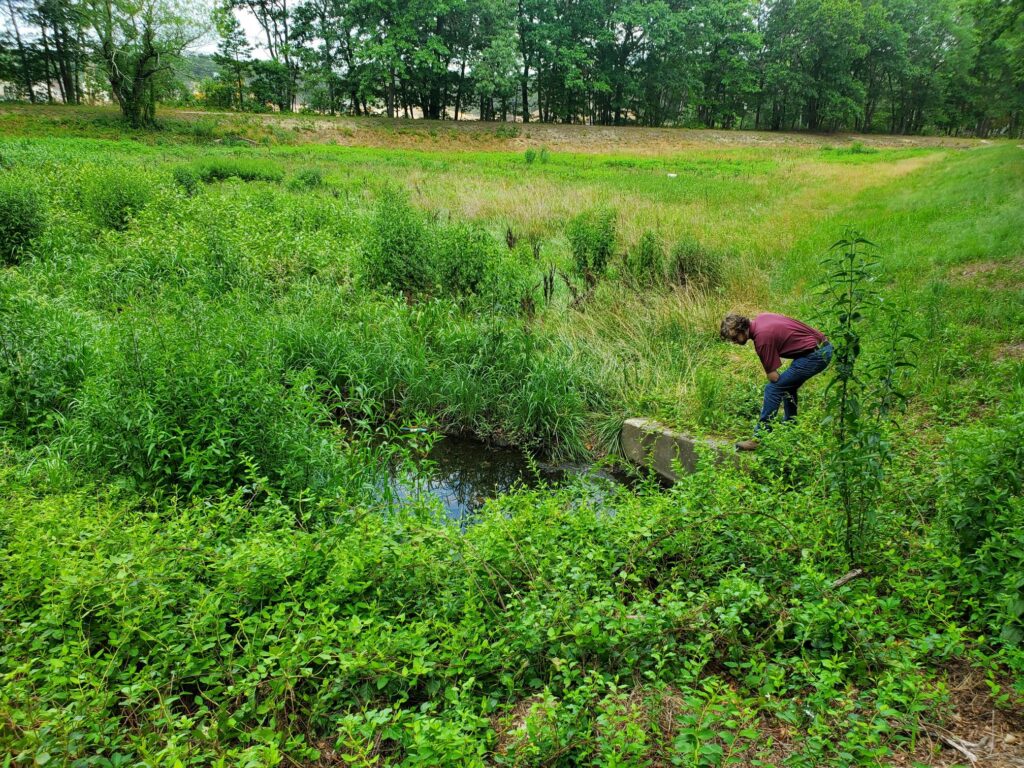
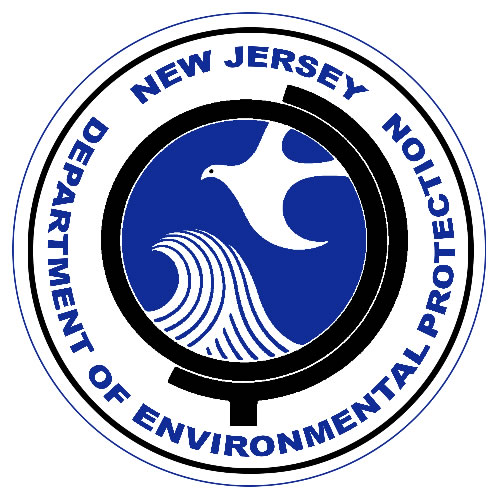

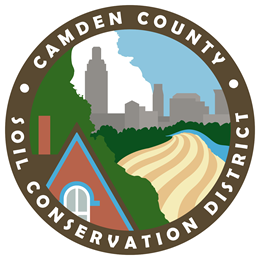


Scroll below to peruse our ongoing project updates!
Project Updates:
-
New Jersey Stormwater Basin Toolkit
This toolkit is designed to help public works employees maintain stormwater basins effectively and stay informed about relevant regulations, best practices, and resources available in New Jersey.
-
Lakewood Township Stormwater Basins Self-Guided Tour 2024
Take some time out of your busy schedule to take our Lakewood Stormwater Basins Self-Guided Tour. Learn how our retrofitted basins create healthy soil and water resources and provide habitat for wildlife.
-
Surveying Summer Growth: Plant Inventory in Lakewood’s Stormwater Basins
This summer, the Lakewood Township Stormwater Basin Retrofit Project made significant strides, with project partners conducting field visits to assess the conditions and plant growth across several stormwater basins that have been retrofitted over the past three years.
-
Selecting Appropriate Plant Species for Basin Retrofit Projects
The Lakewood Township Stormwater Basin Retrofit Project had a productive 2023 spring seeding season. Five additional stormwater basin retrofit designs have been implemented throughout the municipality.
-
Further Field Analysis for Basin Retrofit Selection
This winter, Ocean and Camden County Soil Conservation Districts joined South Jersey Resource Conservation & Development Council to inspect multiple stormwater basins for the Lakewood Township Stormwater Basin Retrofit Project.
